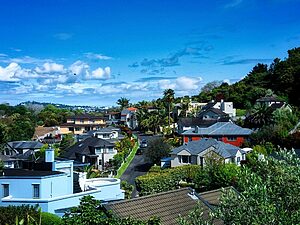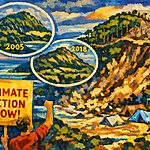Summarised by Centrist
The Great Barrier Reef (GBR) has experienced its third consecutive year of record coral growth, according to the Australian Institute of Marine Science (AIMS). This recovery spans the entire 1,500-mile reef, from the warmer northern regions to the cooler southern waters, making it the highest coral cover observed since detailed monitoring began.
Yet, rather than celebrating these gains, the media remains fixated on climate change narratives, which paint a picture of an “existential threat” to the reef.
The Daily Sceptic’s Chris Morrison discusses the disconnect between the media’s portrayal of the GBR’s condition and the reality of its thriving coral.
Notably, a recent paper in Nature has been heavily publicised, suggesting that temperatures around the GBR are the highest in 400 years, posing a significant threat to the reef.
This, despite the fact that coral has thrived in a wide range of temperatures over millions of years. Dr Peter Ridd, a renowned scientist who has studied the GBR for 40 years, dismisses these alarmist claims, stating that coral numbers have “exploded” recently and that “the impact of bleaching is routinely exaggerated by the media and some scientific organisations.” He further argues, “The public is being deceived about the reef.”
Morrison criticises the media and scientific organisations for perpetuating fear-mongering to align with climate agendas, calling for a more balanced approach to reporting on the GBR’s condition.
Morrison suggests, “This misleading fear-mongering serves to maintain funding and push ideological agendas.”

























